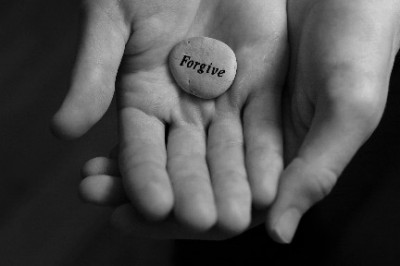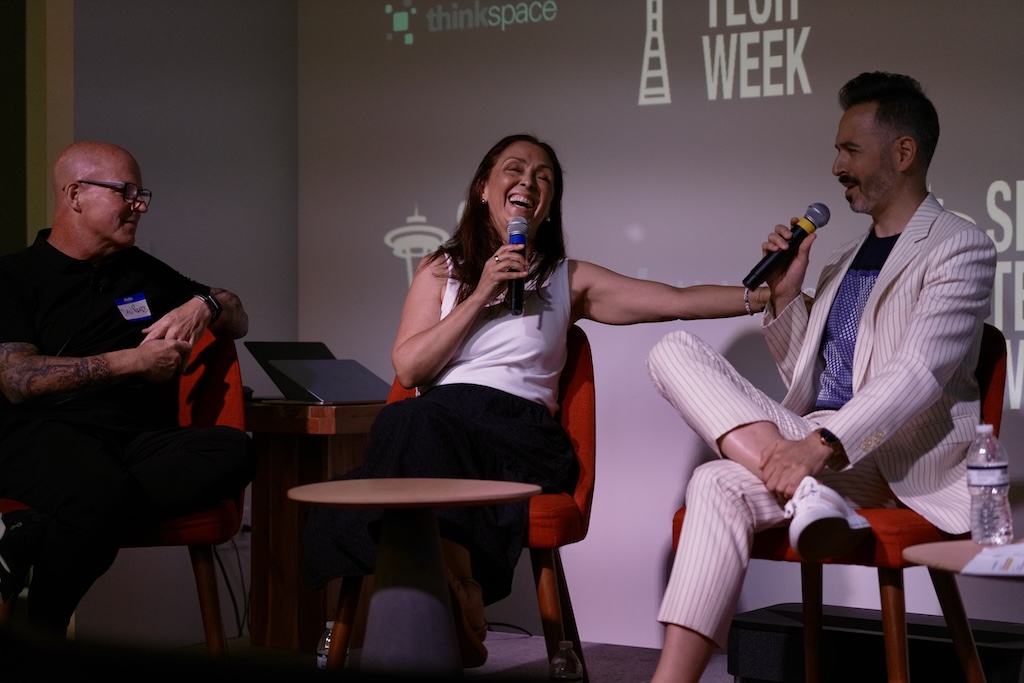Enter [what’s been on my mind]

Forgiveness is not a natural human response. At times, it’s even easier to forgive people for being wrong rather than being right. In a competitive environment like a workplace, forgiveness can seem more like a sign of weakness rather than a helpful step towards resolution. With so many reasons of why it’s hard to forgive, are there any arguments that can be made for forgiveness?
Blink [see a new perspective]
Studies completed by the scientific community (such as the Mayo Clinic) illustrate the positive effects of forgiveness. They have found that resentment impairs your thinking and negatively affects your health (i.e. high stress and blood pressure). Therefore, freeing yourself of resentment by practicing forgiveness can actually benefit your health. It also creates a more effective work environment where communication flows more clearly (and without the passive aggressive undertone).
Shift [try it out]
Keep in mind that forgiveness is a choice. No matter how you feel about the situation, you can always choose to move through it and take steps towards forgiveness and reconciliation. A book that I’m currently reading explains this process perfectly:
“You must forgive in order to understand. Until you forgive, you defend yourself against the possibility of understanding…If you forgive you may indeed still not understand, but you will be ready to understand, and that is the posture of grace” Home, by Marilynne Robinson.
This week, do a self-check and ask “Who am I resentful towards?” If a person comes to mind, remind yourself about the benefits of forgiveness, stop defining the situation based on emotion and hurt, and take the steps to forgive.
Listen [hear from our community]
Forgiveness is the choice to not hold the wrong-doer accountable anymore. Holding a grudge only hurts the grudge-holder, but forgiveness frees you up to have more and better opportunities. Forgiveness doesn’t have to mean reconciliation or closeness, although it can in the best case scenarios. Forgiveness means that you give up your right to be angry, bitter or vengeful toward the wrong-doer. The result is peace and personal power.
- Identify the wrong that’s been done.
- Identify what justice would look like.
- Choose to forgive and let go of your right to get even.
- Be released of the power that person’s wrong-doing has had over you.
- Verbalize well-wishes for the person.
– Michelle Holloman, Eastside Counseling and Coaching
